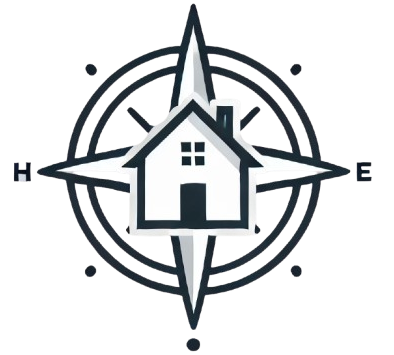The Role of Professionals in Smoke Damage Cleanup
The Insurance Information Institute notes fire departments respond to a fire an average of every 24 seconds across the United States. Home fires account for the larger share (58.4 percent were house fires, 20.9 percent were commercial/multiple peril fires and the remainder were “other” based on the data collected). No matter if the fire occurs in your home or place of business, if the fire is large, small, or causes a catastrophic loss, once thing is certain – professional fire and smoke remediation is required to prevent further loss of property and health.
Why choose professional fire and smoke remediation?
The trauma of a fire does not stop when the flames are out. Even a small fire that leaves the dwelling or place of business intact has far-reaching consequences. Here are just a few reasons why professional fire and smoke remediation are necessary after a blaze.
The prevalence of soot
If you like to camp or hold backyard fire pit gatherings, you are aware of how hard it is to remove soot from surfaces. When soot settles indoors, it’s more than a nuisance. It’s a health hazard. Soot is toxic and because it’s made up of ultrafine particles, it is easily blown around and inhaled. Once in the body it can aggravate asthma and bronchitis; irritate the skin, eyes, and lungs; and even cause heart issues and cancer complications.
Soot is hard to clean up properly as it settles in every conceivable nook and cranny. A surface wipe down and good vacuuming won’t eradiate the issue. Fire and smoke remediation professionals have the experience and the equipment needed to eradicate soot from the premises.
Chemical Reactions
Synthetic polymers are a part of our everyday lives. We may think of carbon monoxide as the biggest threat during and after a fire, but fire and smoke remediation professionals also know fire reactions to synthetic polymers that contain nitrogen and halogens can cause the release of hydrogen cyanide, inorganic acids, and other things that are incredibly dangerous to inhale. After a fire, items that seemingly sustained little damage may look useable when cleaned, but once compromised they can continue to leach toxins. Professional fire and smoke remediation crews can let you know what needs to be removed from the premises to prevent an ongoing threat.
Extinguisher discharge and water damage
Depending on the fire, it may have been put out with an extinguisher, water, or other method. The result is always quite a mess. While a common household extinguisher is generally non-toxic, the residue can be irritating to the skin, and of course, you don’t want to breathe in any of the discharge. When the fire is extinguished with water, resulting smoke, water, and fire damage could make the building structurally unsound. Fire and smoke remediation professionals can properly clean up extinguisher discharge and advise on the extent of smoke, water, and fire damage. Remember, damage is not always visible. Extensive damage could be hidden behind the walls or in the ceiling causing issues later on that range from building instability to mold growth.
Smoke
Perhaps one of the top reasons fire and smoke remediation professionals are called in is to deal with the lingering smell of smoke.
Smoke is more than an unpleasant smell; it’s toxic. If your home, commercial building, or facility have experienced a fire, professional remediation is a must. Using air fresheners may mask the smell but they won’t fix the problem. Each affected surface must be thoroughly cleaned. Special equipment and formulas are used for hard-to-reach areas. Sometimes an ozone generator must be deployed. Smoke can permeate deeply into surfaces, requiring some items to be sealed to keep the smell of smoke from continuously seeping.
Rely on professional fire and smoke remediation after a fire
Do not compound the issue of a fire with an improper or incomplete cleanup. The damage can be far greater than it appears and can cause complications for a very long time. Call in professional fire and smoke remediation specialists so you can be confident the space is truly safe after the cleanup.
